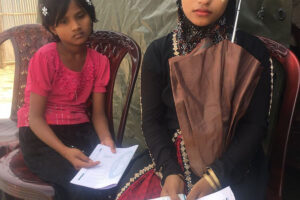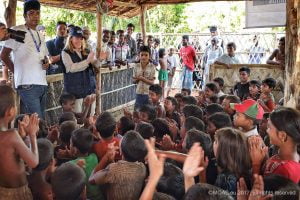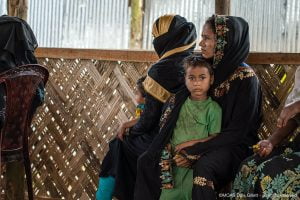According to the Convention Relating to the Status of Stateless Persons of 1954, a stateless person is “a person who is not considered as a national by any State under the operation of its law”. Stateless persons are thus persons without a nationality or citizenship because no state acknowledges them as citizens. Far from having just a legal impact, the condition of statelessness has many profound negative consequences on every-day life, because if you do not have citizenship, you cannot enjoy the rights connects to it. Statelessness may seem to be far removed from us, but it could affect anyone in light of its many causal factors. In 2003, a UNHCR survey highlighted that no region is free from the problems contributing to statelessness.
Moreover, UNHCR has also officially recorded 3.5 million stateless persons at global level, but this number is far lower than the estimated worldwide figure that accounts for around 12 million people. Among other factors, such a huge disparity between official data and estimated numbers is due to states being reluctant to record data concerning stateless persons in their territory.
Stateless persons often become like ghosts, living side-by-side with national citizens who share the same space but enjoy different rights. Despite the 1954 and 1961 conventions which aimed to reduce statelessness globally, rights that should be safeguarded continue to be denied. The 1954 Convention enshrines some fundamental rights, including the right to have identity and travel documents or administrative assistance, as well as minimum standards in the field of education and access to the healthcare system or the labour market.
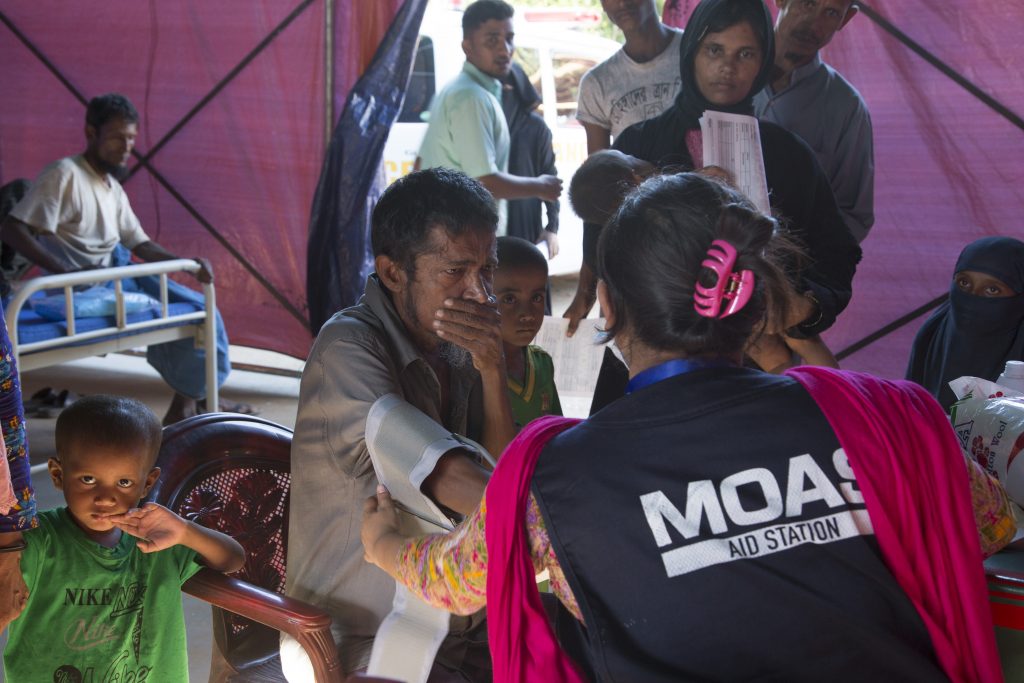
Unfortunately what is stated by International Law too often remains theoretical, and stateless persons become condemned to a precarious life, not able to belong to any place. Nationality is a legal bond between a country and an individual, laying the foundations of a feeling of belonging which strengthens social and community relationships between people who live in the same area.
There are many causes leading to statelessness, and they can be summed up as follows: national legislation preventing specific groups from becoming citizens; moving to another country where children are not automatically given citizenship; changes in national borders and the creation of new states (as for Rohingya people in Myanmar); and deliberate or involuntary loss of citizenship. Due to its many negative consequences, the United Nations have given the UNHCR a specific mandate to reduce or eliminate statelessness, by focusing on four main fields:
- identification of its triggering factors,
- prevention,
- reduction of its extent
- protection of stateless persons.
As proven by the Rohingya people, the denial of rights often leads to violence and abuse. Stateless people live in desperate need of help, and such an emergency has been evident to our team operating in the area surrounding Cox’s Bazar in Bangladesh.
Following Pope Francis’ appeal in the wake of clashes that erupted in late August, with MOAS we decided to reposition the Phoenix to support our team in distributing humanitarian and medical assistance to our Rohingya brothers and sisters, a Muslim minority living in Rakhine State, Myanmar. Since August, around 600,000 Rohingya have crossed the border with Bangladesh to seek sanctuary and decent living conditions, triggering a critical humanitarian emergency. Recognizing this suffering, we decided to act to mitigate their dire situation.
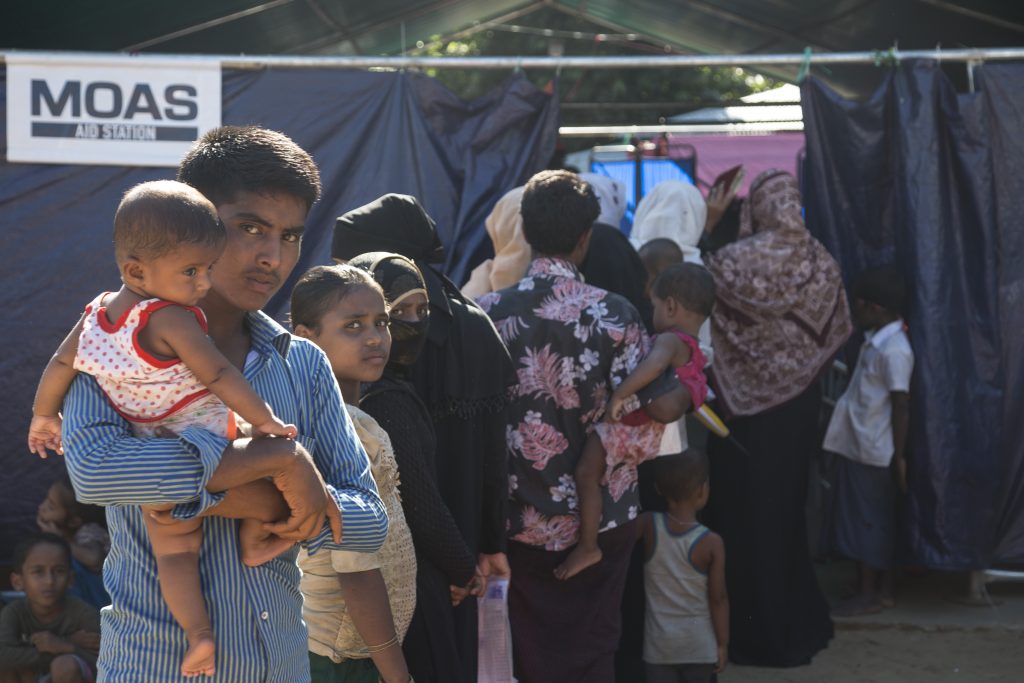
On the third anniversary since our first SAR mission in the Mediterranean, we have accepted a new challenge to safeguard vulnerable people’s rights, while respecting our humanitarian principles and being guided by a spirit of universal brotherhood and mercy. We are currently operating in Shamlapur, Bangladesh, with a medical unit able to assist on average 150 people per day, and are working as quickly as possible to open a second unit in Unchiprang.
Because nobody deserves to die at sea, nor on land.
This article was originally published by HuffPost Italia
Please click here to read the Italian version

